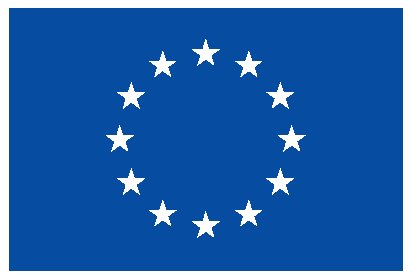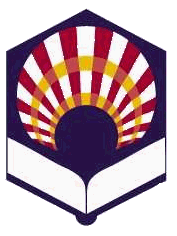Convolutional and Deep Learning based techniques for Time Series Ordinal Classification
Hits: 35
- Áreas de investigación:
- Sin categoría
- Año:
- 2024
- Tipo de publicación:
- Artículo
- Palabras clave:
- time series machine learning, time series analysis, time series classification, ordinal classification
- Autores:
- Journal:
- IEEE Transactions on Cybernetics
- Volumen:
- Accepted on 12th November
- ISSN:
- 2168-2267
- BibTex:
- Nota:
- JCR(2023): 9.4, Position: 16/197 (Q1) Category: COMPUTER SCIENCE, ARTIFICIAL INTELLIGENCE
- Abstract:
- Time Series Classification (TSC) covers the supervised learning problem where input data is provided in the form of series of values observed through repeated measurements over time, and whose objective is to predict the category to which they belong. When the class values are ordinal, classifiers that take this into account can perform better than nominal classifiers. Time Series Ordinal Classification (TSOC) is the field bridging this gap, yet unexplored in the literature. There are a wide range of time series problems showing an ordered label structure, and TSC techniques that ignore the order relationship discard useful information. Hence, this paper presents the first benchmarking of TSOC methodologies, exploiting the ordering of the target labels to boost the performance of current TSC state-of-the-art. Both convolutional- and deep learning-based methodologies (among the best performing alternatives for nominal TSC) are adapted for TSOC. For the experiments, a selection of $29$ ordinal problems has been made. In this way, this paper contributes to the establishment of the state-of-the-art in TSOC. The results obtained by ordinal versions are found to be significantly better than current nominal TSC techniques in terms of ordinal performance metrics, outlining the importance of considering the ordering of the labels when dealing with this kind of problems. Datasets, code, and results are available in https://www.uco.es/grupos/ayrna/index.php/es/tsoc-dl-conv.
- Comentarios:
- JCR(2023): 9.4, Position: 16/197 (Q1) Category: COMPUTER SCIENCE, ARTIFICIAL INTELLIGENCE







